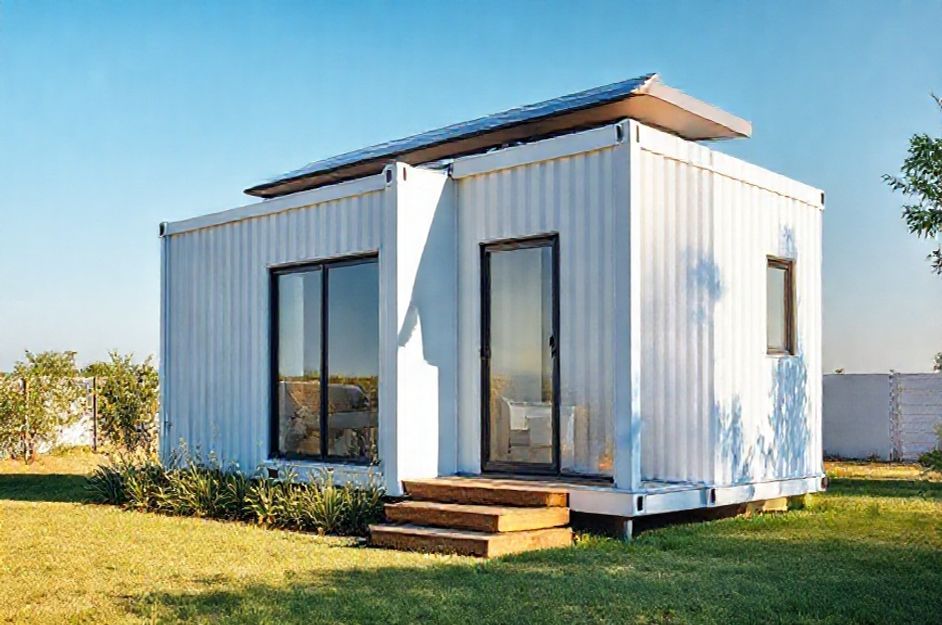The term ‘container sales’ often conjures images of retail shops filled with various containers like bottles and cans. However, in this article, we delve into a different type: robust shipping containers transported by trucks and found at shipping yards.
These containers are available in a wide array of sizes, with the standard 20’x8’x8.5′, 40’x8’x8.5′, and 45’x8’x9.5′ being the most common. Custom and half-sizes are also readily available. Different container types cater to specific needs: dry van containers for cartons and bales, refrigerated (reefer) containers for climate-sensitive goods, bulktainers for loose materials or heavy machinery, tank containers for liquids (including hazardous materials), and roll-on/roll-off containers for cargo that requires easy loading and unloading.
All these shipping containers must adhere to the Convention for Safe Containers (CSC) standards set by the International Maritime Organization (IMO). This certification ensures the container’s safety and suitability for intermodal transport.
While container sales include these certified shipping containers (both new and used), the market extends far beyond. Many container sales yards offer a range of container-based solutions.
**Storage Containers**
Often, these are shipping containers retired from active service or sourced from locations with an excess of incoming versus outgoing containers. The economic impracticality of shipping empty containers back to their origin leads to a surplus, making them ideal for storage purposes.
These surplus containers are excellent for storing household items, boats, equipment, or any other goods. Self-storage facilities frequently utilize them, providing secure, lockable spaces for renters.
**Container Homes, Offices, and Shops**
Container sales companies commonly offer modified containers for diverse applications, with housing being a prominent one. These containers are transformed into living spaces with features such as windows, doors, fold-away beds, kitchen units, toilets, and storage solutions. Solar panels can provide power.
Beyond residential use, containers can be converted into offices, canteens, market stalls, and other functional spaces. Multi-level structures can be created by stacking containers or incorporating smaller levels.
A key advantage of container-based structures is their mobility. They can be easily transported via trucks equipped for container handling, allowing relocation of living quarters, market stalls, and more.
This overview only scratches the surface of container modification possibilities. If you require a structure that is easily transportable or needs to fit into a limited space, container modification could be an ideal solution. Container sales, therefore, encompass much more than just selling containers; they offer a diverse range of adaptable solutions.
